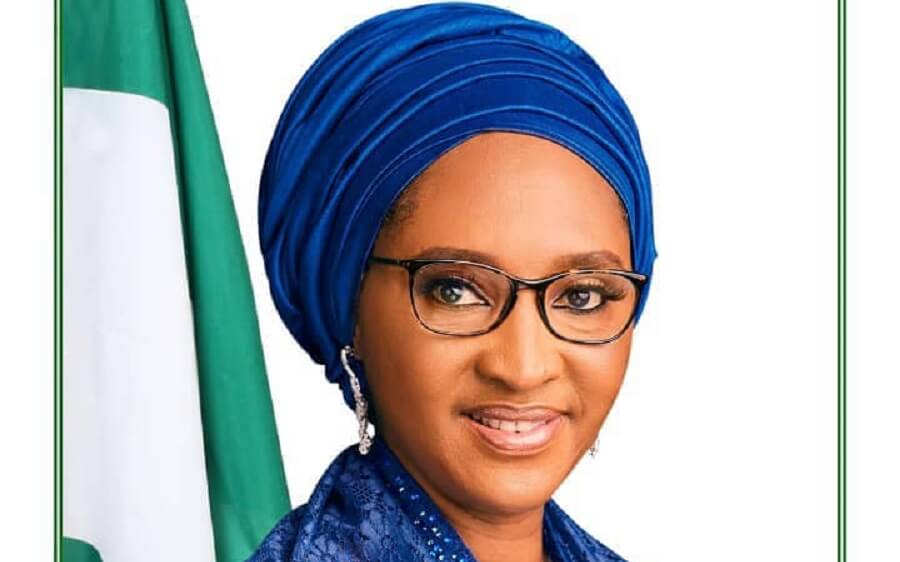Most Public Servants In Nigeria Don’t Save, Invest —Finance Minister
The Federal Government has unveiled plans to empower at least 12,000 junior civil servants under the Ministry of Finance, Budget and National Planning with financial literacy skills before the end of this year.
The Minister of Finance, Budget and National Planning, Mrs Zainab Ahmed, disclosed this on Tuesday in Abuja at the official flag-off ceremony of the Service–Wide Financial Literacy Programme in the workplace.
Advertisement
The programme which is part of the financial inclusion initiative of the government will be implemented in partnership with the Central Bank of Nigeria and other relevant stakeholders.
Represented at the event by the Ministry’s Permanent Secretary, Mallam Aliyu Ahmed, the minister said the pilot stage will have 12,000 members of staff in the ministry that benefit from the training.
She added that plans are underway to extend the opportunity to all federal Ministries, Departments and Agencies of government.
Ahmed said that the strong correlation between a nation’s level of financial literacy and the nation’s economic and financial development could not be over emphasized.
Advertisement
She described financial literacy as a tool for engagement that would not just strengthen an individual, but would also place such a person at an edge over his or her contemporaries.
The Minister explained further that obtaining financial literacy would build an all-inclusive financial economy, reduce the level of financial exclusion and solve the country’s numerous financial challenges.
She said, “The ministry intends to extend the programme to other MDAs in January 2023. I have requested the Head of Civil Service of the Federation to mandate other MDAs to cooperate with the implementation of the programme to empower the targeted civil servants with final literacy empowerment.
“There is a great concern on how government employees manage their finances. These days, public employees face serious financial challenges as a result of the dwindling economy. Studies have shown that lack of primary skills on how to manage money, save and invest is one of the reasons public employees experience financial troubles.
“Another study discovered that most public servants do not cultivate saving habits rather they are likely to spend more than what they earn.
Advertisement
“Financial education can lessen financial crises for public employees. This measure can also help promote economic reviver and reduce poverty. The pilot stage should impact 12,000 employees by December 2022.”
The minister said the programme will run for as long as the government is able to empower majority of those with low financial literacy.
“So, it is going to run for at least three years but it depends on the number of people that will be captured within this period. If we see that we are not able to capture the target audience, the target will be extended.
“For now, we are starting with the Ministry of Finance, but we are calling on the Office of the Head of Civil Service of the Federation to ensure that this cascades across the whole service,” she added.



